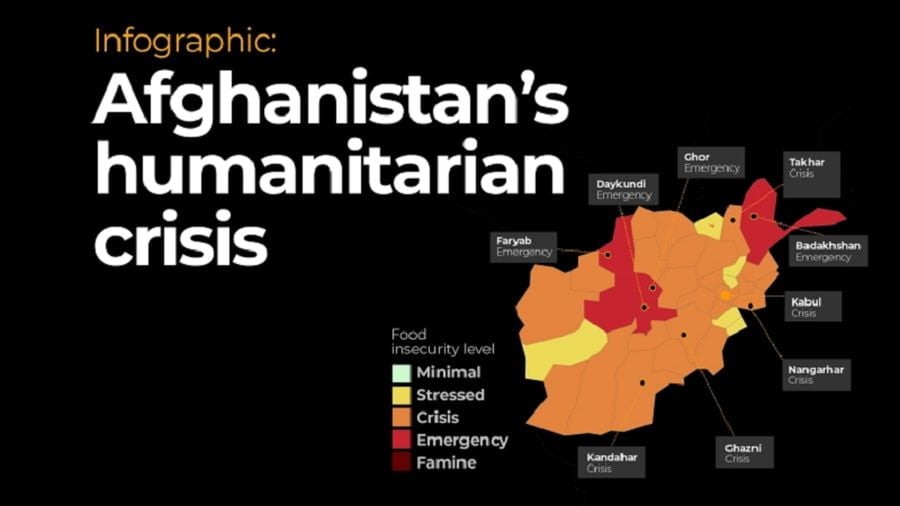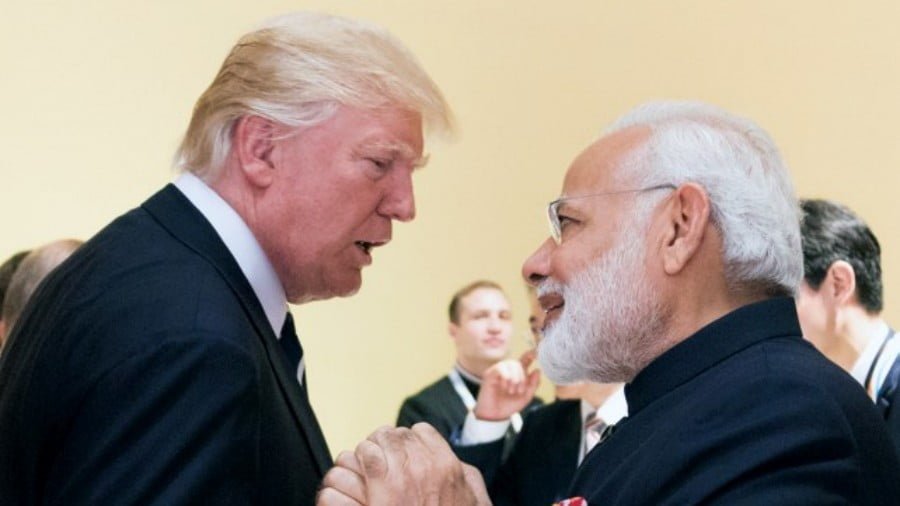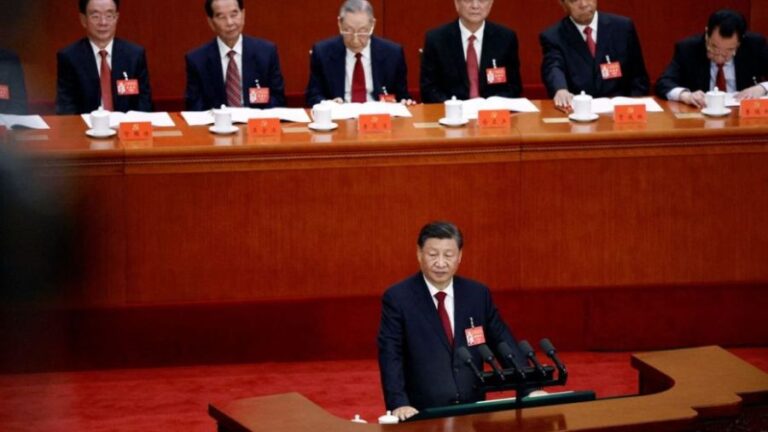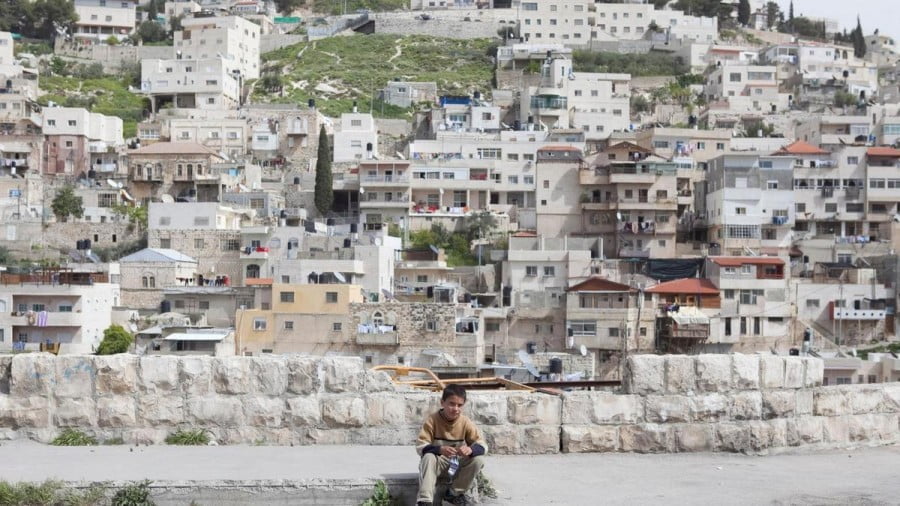The Afghan Aid Game Is a Gamble That No One Can Afford to Lose
To put it simply, millions of people’s lives are practically being held hostage by some politically minded members of the international community’s strategic fears about supposedly rewarding the Taliban for not fulfilling their expectations.
Afghanistan is approaching the abyss as its impending humanitarian crisis threatens to spiral out of control if it doesn’t urgently receive enough international aid to stave off this dire scenario in the very near future. The country’s foreign assets in the US were frozen while American-influenced global financial organizations like the IMF and World Bank suspended its participation in their loan programs. Afghanistan’s de facto Taliban leaders aren’t recognized by any government in the world, and most like Russia’s still officially consider them to be terrorists despite the Kremlin pragmatically engaging with the group in the interests of peace and security. Without substantial international assistance, starvation and disease might soon break out and potentially catalyze another round of civil conflict in this war-torn nation that might also lead to a regional refugee crisis.
The problem is entirely political since these drastic outcomes aren’t anything that any country except the most cynical would want to transpire yet the Taliban’s terrible reputation and the international sanctions against it pose a serious obstacle to any possible solution. Some countries like China, Pakistan, Qatar, Turkey, and a few others are already extending no-strings-attached assistance to Afghanistan but are incapable of preventing this seemingly inevitable crisis without the international community sincerely rallying behind this cause. The UN’s promised $1.2 billion so far isn’t anywhere near enough since the Director General of the prestigious Russian International Affairs Council (RIAC) estimates that even the theoretical resumption of the US’ prior $5 billion in annual aid to Afghanistan would still be far from sufficient for preventing everything from worsening.
What’s standing in the way of the world uniting behind the Afghan people is the prevailing distrust of their de facto Taliban leaders. Few believe that the group has sincerely reformed, with their suspicions made all the more acute by the recent appointment of its acting authorities which failed to fulfill the Taliban’s promise of ethno-political inclusiveness. There are worries that the Taliban wont’ respect minority and women’s rights, and some fear that it might even secretly retain ties with terrorist groups. Organizing the most ambitious aid campaign in history wouldn’t just save Afghan lives and possibly prevent another round of civil conflict triggered by the impending humanitarian crisis that might soon break out there, but would also by default enable the Taliban to retain its hold on power without fulfilling the international community’s expectations that it reforms.
To put it simply, millions of people’s lives are practically being held hostage by some politically minded members of the international community’s strategic fears about supposedly rewarding the Taliban for not fulfilling their expectations. These optics are also particularly sensitive in many Western countries where public opinion still plays a comparatively prominent role. In the current context of rising nationalist sentiment over the past few years and especially as a result of the full-spectrum paradigm-changing processes catalyzed by the international community’s uncoordinated efforts to contain COVID-19 (“World War C”), it might be unacceptable to many people for their governments to promise generous aid packages to Afghanistan at the expense of investing in their own citizens who are the ones funding this international aid in the first place.
The situation is therefore very complicated because these three concerns – preventing Afghanistan’s impending humanitarian catastrophe, not rewarding the Taliban without it first demonstrating proof of having reformed, and avoiding anything that can worsen public unrest in already upset Western societies – are all legitimate. That said, the argument can be made that the first of those three is the most pressing since it literally involves life or death. Furthermore, the consequences could be far-reaching with respect to the risks of regional destabilization that could eventually follow. The Taliban might continue to disappoint the international community and many Westerners might be disgusted with their governments if they indirectly contribute to the group remaining in power despite still being designated as terrorists, but the so-called “greater good” of saving lives might prevail.
It’s therefore admittedly a gamble when it comes to organizing international aid for Afghanistan since whatever ends up being dispatched might still not be enough to prevent a humanitarian crisis even if it’s sufficient for saving the Taliban’s de facto leadership over the country. This week’s opening session of the 76th United Nations General Assembly (UNGA) and next week’s commencement of the General Debate will put international will to the test in seeing whether it’s possible to organize any meaningful multilateral efforts in this respect. Millions of Afghan lives are on the line, but so too are many countries’ reputations when it comes to accusations that they’re rewarding the Taliban without if first reforming and thus risking their citizens’ ire. This is a thus gamble that no one can afford to lose, but that still doesn’t mean that everyone will win since no perfect solution exists.







